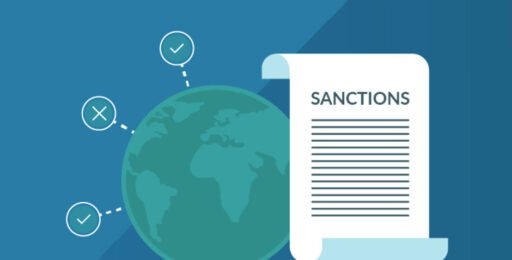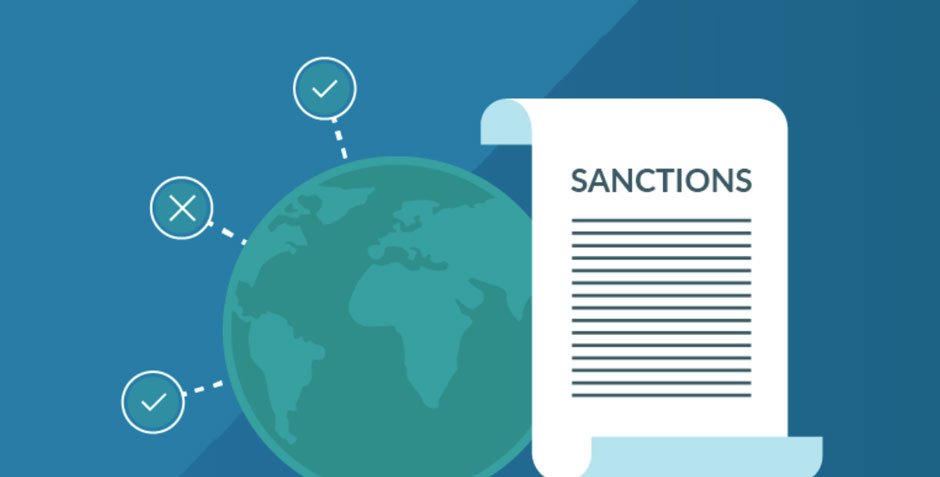“Sanction” is an order, act, or law imposed on people, entities, and organizations for the breaching of a specific law or rule. Simply put, the sanction imposed is a punishment or penalty on specific legal and international regulations benchmarks. In the “AML compliance” language, sanctions are backed by specific lists based on international and national regulations. Hence, Sanctions can counter threats to the economy on so many levels. “With the goal of preserving or reestablishing global peace and security, the UN Security Council has imposed 30 sanctions regimes since 1966.”
“Fun Fact: Did you know that the concept of economic sanctions dates back to Ancient Greece, where Athens imposed a trade embargo against its rival, Megara, in the lead-up to the Peloponnesian War?”
Economic Consequences of Sanctions
“sanction” is an order, act, or law imposed on people, entities, and organizations for the breaching of a specific law or rule. In simple words, the sanction imposed is a punishment or penalty on specific benchmarks of legal and international regulations. In the “AML compliance” language, sanctions are backed by certain lists based on international and national regulations.
Imimposed sanctions have a variety of consequences, including political, economic, and social. Talking about the economic consequences that affect the nations the most on international and national levels. The key impacts of the sanctions imposed on nations include trade disruption and export-import imbalances. Industries are affected the most by trade sanctions and tariffs, leading to unemployment and economic turnovers. When talking about detailed risk assessment, the future of sanctions screening is all about being transparent and collaborating. when there is more transparency in the transactions and connections of sanctions’s, it makes the overall financial system more connected.
Then comes the financial isolation part, in which sanctions can impact the FDIs, leading directly to economic instability due to asset liquidity problems. Further, it could impact the economic growth levels. Leading to increased poverty and reduced standards of living. On top of all, this leads to geopolitical tensions affecting a country’s reputation to so many levels.
But how does a sanction imposed on one person impact the nations?
What happens if the sanction is ineffective?
The Security Council may indeed impose sanctions on individuals, organizations, or states responsible for a crisis if the threat of sanctions is ineffective. Still, it is essential to notice here that checking on the sanctions against sanctions lists starts from the individual level and should not be missed at all. For instance, a person will open an account at a bank, and a bank must do the primary verification before onboarding. What if the bank does not have the proper solution to detect the sanctioned entity, and the sanctioned person somehow passes the identity verification test? So, this is from where the vigilance problem kicks in! However, the Council passed a resolution outlining specific sanctions measures and created a new system, and the Council’s primary focus has always been on implementing penalties with human rights considerations. The need for vigilance at the individual level through the sanction screening is the dire need of the hour. Financial institutions and businesses dealing with daily transactions require safety and security all the time so that the integrity and reputation of the organization is not lost. The Sanctions Screening method is a process that increases transparency and accountability in an organization.
“Stat: The global market for AML (Anti-Money Laundering) and sanctions screening solutions is expected to reach $4.5 billion by 2023, reflecting the growing emphasis on compliance across the financial sector.”
Five often asked queries about sanctions compliance
Often Asked Questions
- What is sanctions Compliance, and how must nations abide by it?
- What are the different stages of sanctions compliance?
- What comes under the category of sanctions Compliance?
- What does the Sanction Screening Process involve?
- Which institutes and regulatory authorities keep the Sanction Compliance Checks?
- Which sectors need the sanctions compliance checks the most?
To clear your queries and concerns, visit the AML Watcher Sanctions Compliance guide and related blogs.
Did you skip the whole blog? The gist got you covered!
- Sanctions work to degrade regimes, keep criminals out of the financial system, and combat risks to the economy, foreign policy, and national security.
- The UN Security Council has implemented thirty sanctions programs since 1966 to preserve world peace and security.
- They can be in cash restrictions, travel restrictions, arms embargoes, or broad trade and economic penalties.
- With an emphasis on political conflict settlement, nuclear non-proliferation, and counterterrorism, there are currently 14 sanction regimes.
- The Security Council may punish persons in charge of a crisis if sanctions prove ineffectual. Ensuring effective compliance and management requires compliance and sanctions checks.
- By 2023, it is anticipated that the global market for AML and sanctions screening systems will reach $4.5 billion, reflecting the increasing emphasis
Check AML Watcher to learn about product knowledge and efficient screening, verification, and identification services. With ten free screening attempts, get your 5-day free trial to have a robust AML Watcher services experience.”





